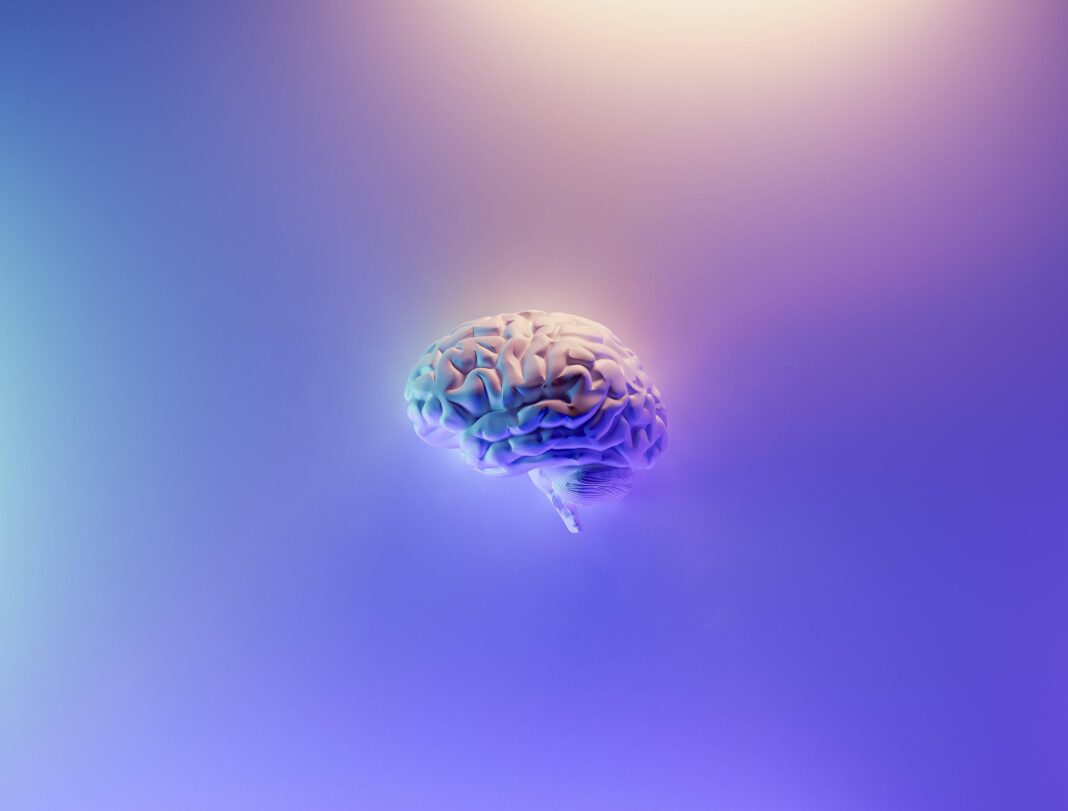Artificial Intelligence (AI) is a rapidly growing field within computer science, but there are still many unknowns. As AI models become increasingly complex, it has become difficult to explain exactly how they work and why they make certain decisions. This phenomenon is known as the “black box” problem. MIT professor Stefanie Jegelka is attempting to unpack this mystery by researching deep learning models, understanding what these models can learn and how to build prior information into them.
Jegelka’s research focuses on developing algorithms that blend prior knowledge about humans with machine-learning techniques for more accurate predictions. By combining human insights with data-driven methods, she hopes to improve AI models’ performance and interpretability. To do this, she has developed algorithms called constrained optimization problems, which allow her to incorporate prior knowledge about an application in order to better control the model’s behavior. For example, if an AI system is designed to automatically classify objects in images, she can use constraints derived from human perception of relevant patterns in the images in order to influence the model’s behavior and improve its accuracy while still allowing it to remain flexible enough to accurately identify new objects or changes in existing ones.
In addition, Jegelka is also exploring methods for quantifying the fairness and robustness of AI models. In particular, she’s been working on algorithms for measuring bias and interpreting outputs from these models so that potential issues can be identified and addressed before deployment. This could potentially help reduce unintended discrimination against certain groups or individuals due to differences in race or gender—potentially leading to fairer outcomes for all parties involved.
Stefanie Jegelka is making significant strides towards unlocking the “black box” problem of AI models by blending human insight with data-driven methods in order to increase accuracy while also ensuring fairness and robustness of results. Her research provides a unique approach to improving AI systems by taking into account human intuition as well as technical expertise when constructing new algorithms. These advancements offer great promise for a better understanding of how AI works and will likely lead to improved results in applications across many industries.











